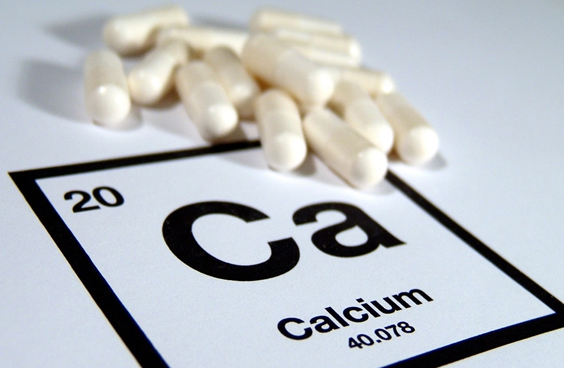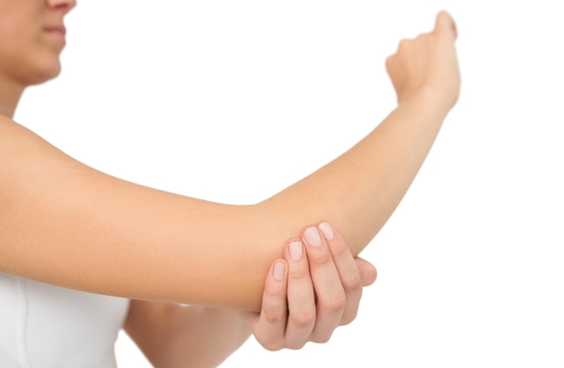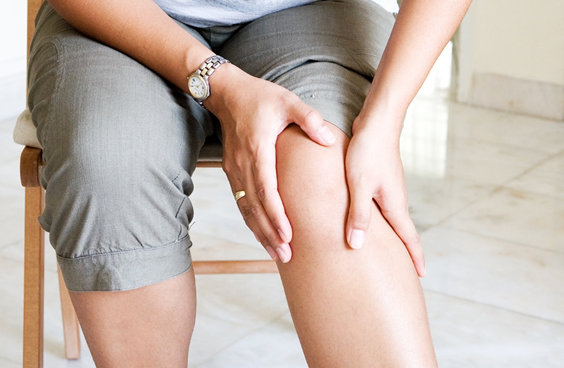- Have any questions?
- +1 905-239-3900
- info@mynaturalclinic.com
osteoporosis
- All
- Allergies
- Anxiety & Depression
- Bone Health
- Breast cancer
- Cancer
- Candida
- Children's Health
- Chiropractic Advise
- Chronic Pain
- Cold's and Flu's
- Constipation
- Coronavirus
- detoxification
- detoxofication
- Diabetes
- Digestion
- Disgestion
- Energy
- Eye Health
- Fibre
- Food Sensitvity
- Glucose
- Gluten
- Headaches
- Health and Wellness
- Heart Health
- Holiday Season
- Hormones
- Hypertension
- hypothyroidism
- Immune System
- Inflammation
- Insomnia
- Insulin
- Lab Tests
- Leaky Gut
- Low Sex Drive
- Matrix Repatterning
- Menopause
- metabolism
- Miranda Naturopathic Clinic
- Muscle
- News and Events
- Nutrition
- Obesity
- Organic
- Pain
- Pesticides
- PMS
- Prenatal
- Private
- Recipe
- Sleep
- Stress
- Stroke
- Sugar
- summer
- sun exposure
- Thermography
- thyroid
- TV/Press
- Uncategorized
- Vitamin Deficiency
- Weight Gain
- Wheat




